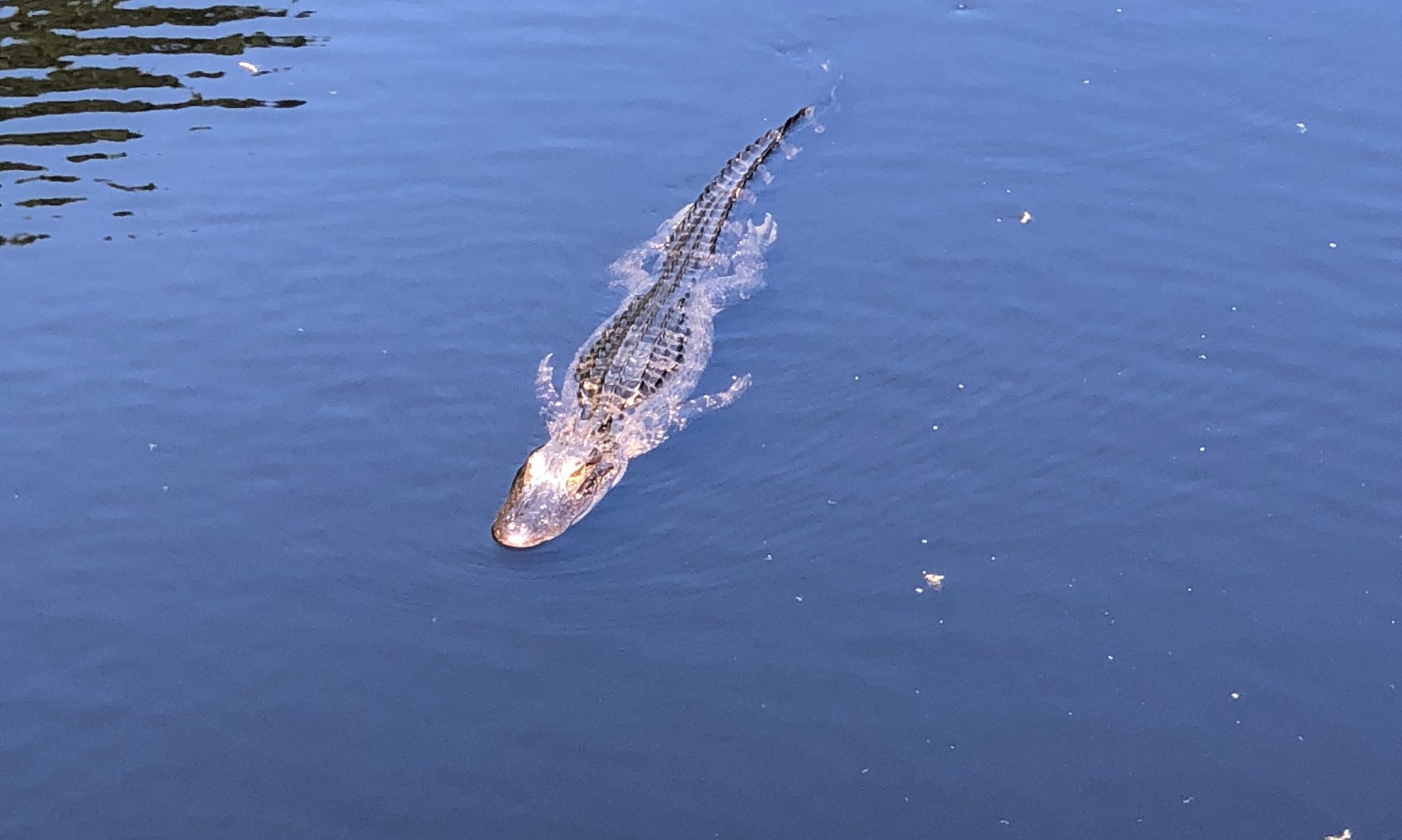
The 2019 Annual Meeting of the Florida Chapter of the American College of Surgeons (FLACS) took place this weekend March 22nd to 23rd at the Royal Pacific Hotel in Orlando, Florida. The theme of the meeting was Controversies in Surgery. The meeting started on Friday afternoon with the Presidential Lecture. Dr. Stephen Grobmyer returned to Florida from the Cleveland Clinic to given a presentation on the management of the axilla in breast cancer and to highlight some work they have done using fluorescent dye to map the axilla as well as lymphatic venous bypass to help reduce lymphedema in the patients who still require a complete axillary lymph node dissection. For me, it was great to see Dr. Grobmyer. I have not seen him since I was a resident and he is responsible for my first paper and poster presentation at the Southeastern Surgical Congress several years ago.
The second section was a panel session by Drs. Mark Soliman and Steven McCarus as well as by Patricia Toor. They discussed laparoscopy and robotics from the standpoint of the patient, the surgeon, and the health system. It provided an avenue for interesting discussion amongst attendees about this hot topic. I’m not sure we came to a consensus but it was quite enjoyable. While these sessions were going on the residents were doing a Surgical Simulation Session and Surgical Olympics. After these topics we had a social and it was nice to catch up with some friends within the FLACS.
Day two of the meeting started with a panel session regarding Controversies in Community Care. I was honored to be able to moderate this session. I enjoyed the session and am proud to say we stayed on time. There were three debates during this session. The first was Dr. Laronga discussing the use of Targeted Axillary Node dissection for women with breast cancer who had node positive disease convert to clinically node negative following neoadjuvant chemotherapy. Dr. Grobmyer was given the opposite side to debate. This was followed by Dr. John Mullinax and Dr. Vernon Sondak debating completion node dissection for patients with a positive sentinel node in melanoma and our last was a discussion by Dr. Atif Iqbal and Dr. Giovanna da Silva Southwick on what age to start screening colonoscopy and what is the best test.
We then had two very nice sessions on advocacy. First, Dr. Patrick Bailey who is the medical director for Advocacy and Health Policy with the American College of Surgeons and Christian Shalgian who is the director of the Division of Advocacy and Health Policy discussed advocacy within the College and walked through some issues and how they frame Strategic Advocacy. It is not enough to just want something done, you have to think about the issues from multiple angles to decide the best way to get the job done. It was an illuminating look at the process. I am thankful for my opportunities to better understand this process over the past year spending time on the General Surgery Coding and Reimbursement Committee within the American College of Surgeons.
Second, Dr. Gary Timmerman gave the keynote address on regulation and what the ACS has done to try to help relieve the burden of regulation on surgeons. I had quite a nice conversation with him during one of our breaks and it was nice to make a new connection and I am looking forward to seeing him in the future. He spoke of one my treasured mentors both during his talk and with his conversation with me. He spoke of Dr. Ted Copeland, past president of the American College of Surgeons who told Dr. Timmerman that while Dr. Copeland could open doors for him, it was up to Dr. Timmerman to walk through them.
Our last component of the day was dedicated to oral abstract presentations. We heard three very good basic science presentations followed by three clinical science presentations, and finally three Commission on Cancer papers. For the first time we then had case presentations of “Spectacularly Challenging Interactive Case Presentations.” These cases led to some of the most interactive comments of the day and was a successful addition to the program. There is no doubt the future is in good hands with these residents.
On a personal level, I have been excited about friends I have made in the last year within the FLACS. Dr. Armstrong, (the current president of the FLACS) said you should look back to last year and compare this year. I have met so many great people within the chapter over the last year and become much more involved. I was honored to be asked to chair the communications committee over the next year and am looking forward to helping get the word out about what the chapter is doing.
